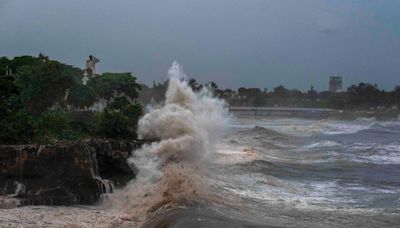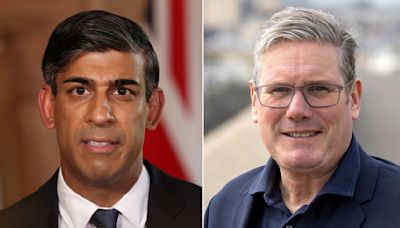Search results
People also ask
What was Charles V known for?
Why did Philip III support Ferdinand?
Did Charles IV try to retake the throne in Hungary?
Why was the Roman Catholic Church a successful attempt to keep Rome out?
10 hours ago · Signature. Anne (6 February 1665 – 1 August 1714) [a] was Queen of Great Britain and Ireland following the ratification of the Acts of Union on 1 May 1707, which merged the kingdoms of Scotland and England. Before this, she was Queen of England, Scotland, and Ireland from 8 March 1702. Anne was born during the reign of her uncle King Charles II.
10 hours ago · Charles V was known in his youth after his birthplace as Charles of Ghent. When he became king of Spain he was known as Charles of Spain, and after he was elected emperor, as Charles V (in French, Charles Quint). In Spain, the dynasty was known as the Casa de Austria, including illegitimate sons such as John of Austria and John Joseph of Austria.
1 day ago · The Cold War was a period of geopolitical tension between the United States and the Soviet Union and their respective allies, the Western Bloc and the Eastern Bloc, that started in 1947, two years after the end of World War II and lasted to 1991, the fall of the Soviet Union. The term cold war is used because there was no large-scale fighting ...
10 hours ago · The King and important guests were detained, and plotters took control of Rabat's radio station to say that the king had been killed and a republic had been founded. Royalist troops regained the palace and ended the coup attempt. Bolivia: General Hugo Banzer overthrew President Juan José Torres and established a military dictatorship.
10 hours ago · The Thirty Years' War [j] was one of the longest and most destructive conflicts in European history, lasting from 1618 to 1648. Fought primarily in Central Europe, an estimated 4.5 to 8 million soldiers and civilians died as a result of battle, famine, or disease, while parts of present-day Germany reported population declines of over 50%. [19]
10 hours ago · : s1.7.4 He spoke more freely about this matter in letters sent to his friends like Thomas More, Beatus Rhenanus and Adrianus Barlandus: a particular target of his criticisms was the Emperor Maximilian I, whom Erasmus blamed for allegedly preventing the Netherlands from signing a peace treaty with Guelders and other schemes to cause wars in order to extract money from his subjects.
1 day ago · In its new role, the Inquisition tried to accentuate its function of censoring publications but found that Charles III had secularized censorship procedures, and, on many occasions, the authorization of the Council of Castile hit the more intransigent position of the Inquisition. Since the Inquisition itself was an arm of the state, being within the Council of Castile, civil rather than ...




